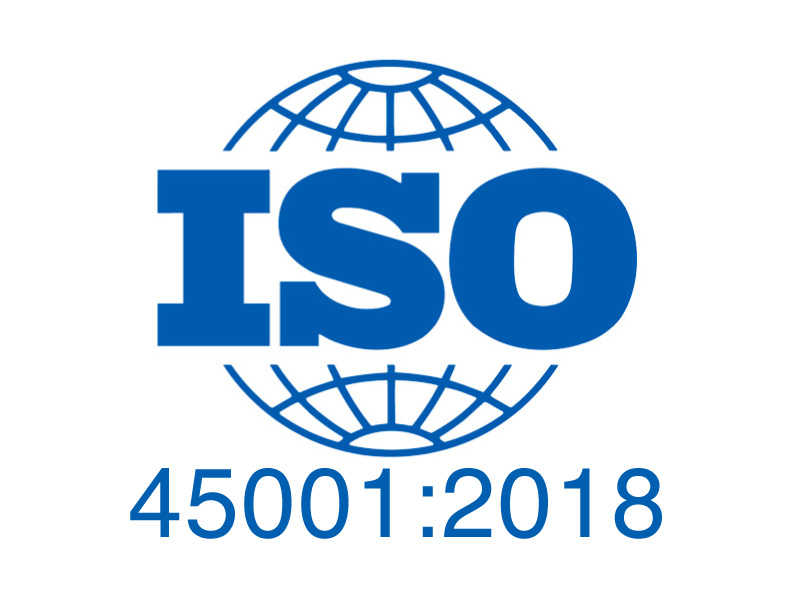Governance, Compliance and Sustainability Policy
Delta Life Assurance Governance Policy
Corporate governance is the set of processes, norms, policies, procedures, laws, internal control, communication systems, and reporting systems that affect the course, direction, management, and control of the company and aims to establish an effective legal framework for corporate governance, through which to activate the role of shareholders in the company and facilitate the exercise of their rights. Do the role of stakeholders. Governance also includes the relationships between the many stakeholders involved and the goals for which the company is governed. The main stakeholders are shareholders, board of directors, employees, regulators, customers, creditors, suppliers, partners in the insurance business, industry, and society as a whole". Corporate governance refers to “the system whereby Delta's shareholders, creditors and other stakeholders are assured that management is enhancing the value of the company to compete in an increasingly inclusive market". It includes the entire legal, regulatory and factual framework for the management and supervision of the company. The main goal of corporate governance is to create added value in Delta Life Assurance for all its stakeholders. To achieve this goal, it is necessary, among other things, to establish clear principles of proper supervision and good management, moreover, it is important that these agreed principles of governance are developed transparently for all stakeholders involved, thus preserving their rights as well as encouraging them to participate in the governance process. The board of Directors, Committees, Officers and employees of Delta Life are committed to the optimal application of the company's corporate governance principles as a guide to achieving the company's strategic goals. The company makes continuous efforts to create awareness of good corporate governance within the management. At the same time, the entire management of the company declares its continued commitment to the clarity of the vision and mission of Delta Life Assurance Company, which is an integral part of the attached Governance Report.
Delta Life governance system is designed to:
- Enhancing the company's performance based on the principle of sustainability
- Establishing investors ' confidence in the company through the Egyptian Stock Exchange
- Strengthening the confidence of shareholders and the community in the company
- Enhancing public reputation through transparency and accountability
- Allow entities to demonstrate the effectiveness of the legal performance of shareholders, ethical duties
- Provide a mechanism for measuring accountability
- Assistance in detecting and preventing fraud, dishonesty or unethical behavior
- Applying basic sustainability principles

Delta Life Assurance Sustainability Policy
Sustainability is of increasing importance to our stakeholders and significantly affects the way we conduct our business.
Therefore, we have a clear strategy and approach for the continuity of our business, and as a culmination of this principle, the company has obtained the ISO certificate for the Occupational Health & Safety Management System ISO 45001:2018.

Commitment Management
Delta Life Assurance Company places the highest priority on compliance with the regulatory requirements represented by the General Authority for The Financial Regularity Authority (FRA) and internal regulations.
To detect violations at an early stage, so you can take appropriate measures to prevent or mitigate harm to the company, customers, employees and business partners

Risk Management
- Identify the risks that may occur in order to reduce them and work to address them so as not to be repeated and avoid their occurrence and reduce their impact, on all the negative aspects expected to occur for all the factors that may affect the company in the future.
- Achieve a high success rate and reduce the likelihood of failure to reach the company's strategic goals.
- Work on collecting and analyzing basic data and information both inside and outside the company, to know and understand the risks that the company may face, then work on classifying them and identifying the relationships among them to facilitate processing and avoid those risks later.
- The ability to determine the level of risk, using scientific means to measure the risk, which leads to a good prediction of the amount of losses that can occur, which negatively affects the company, its ability and financial solvency.
- Choosing the best means to address risks, dealing with them in an organized manner, and developing strategies and operational programs to face potential risks.
- Contribute to spreading awareness of the company's departments about the multiple types of risks that the company may face and the ways to report and face them.



